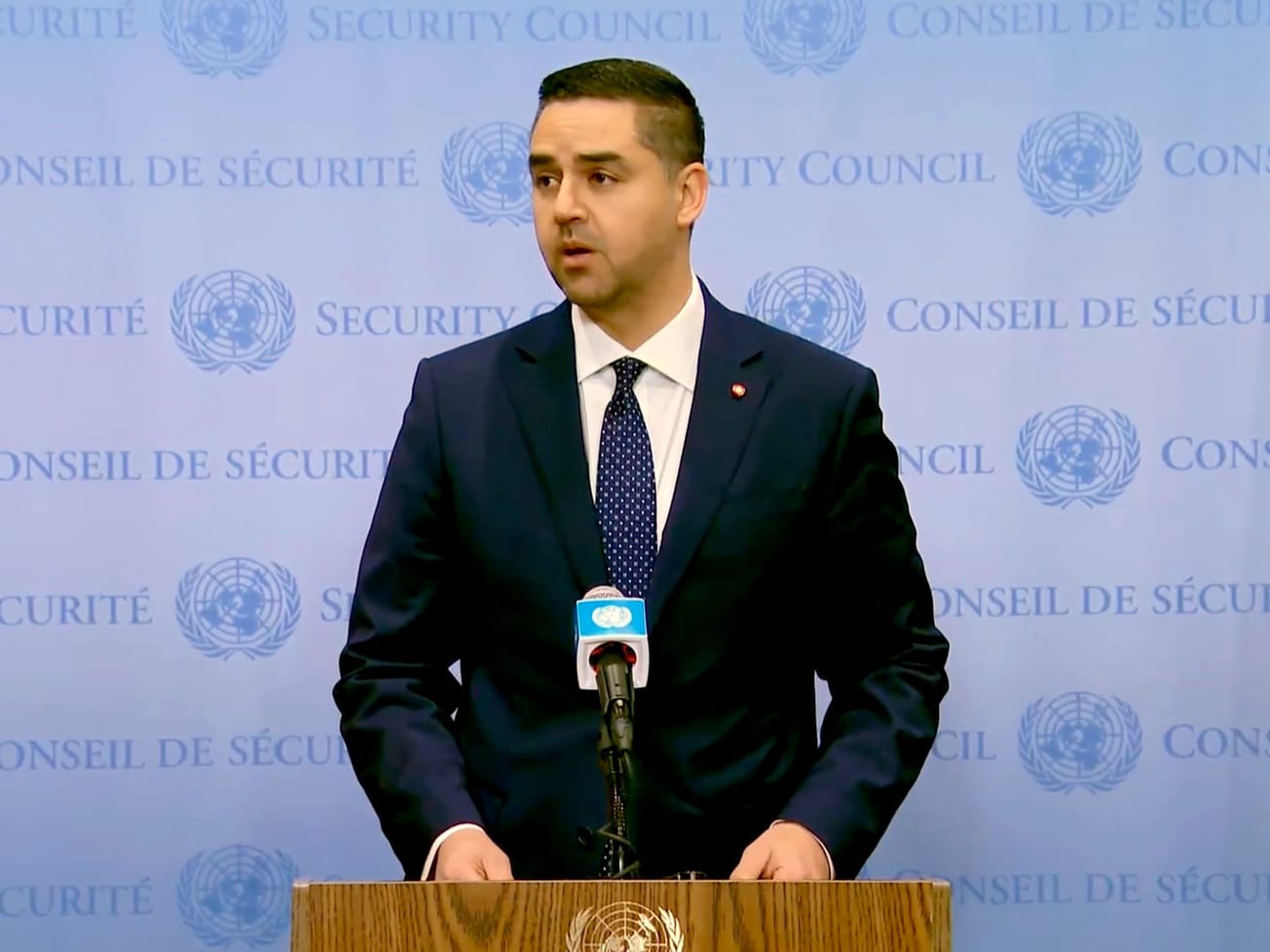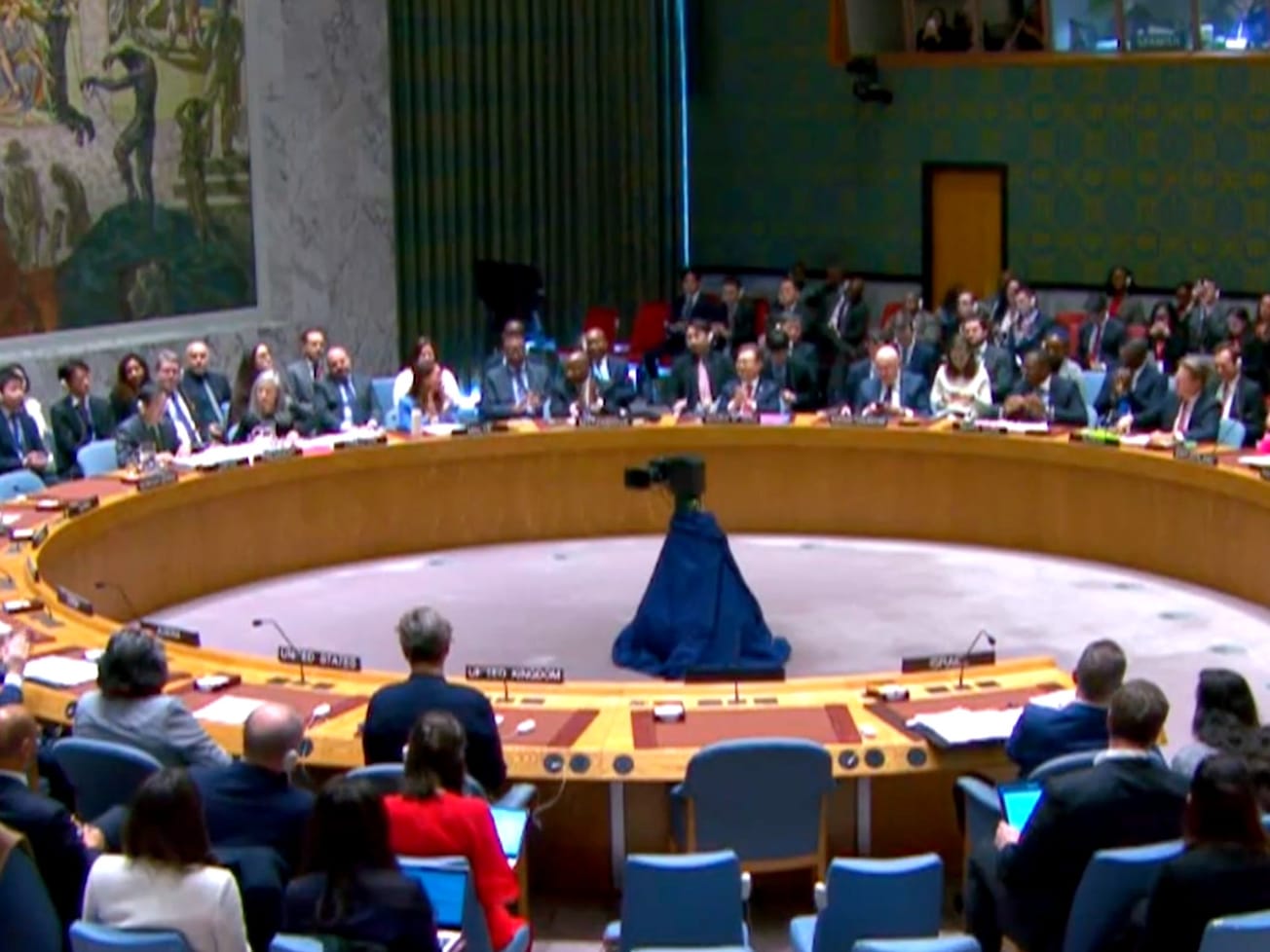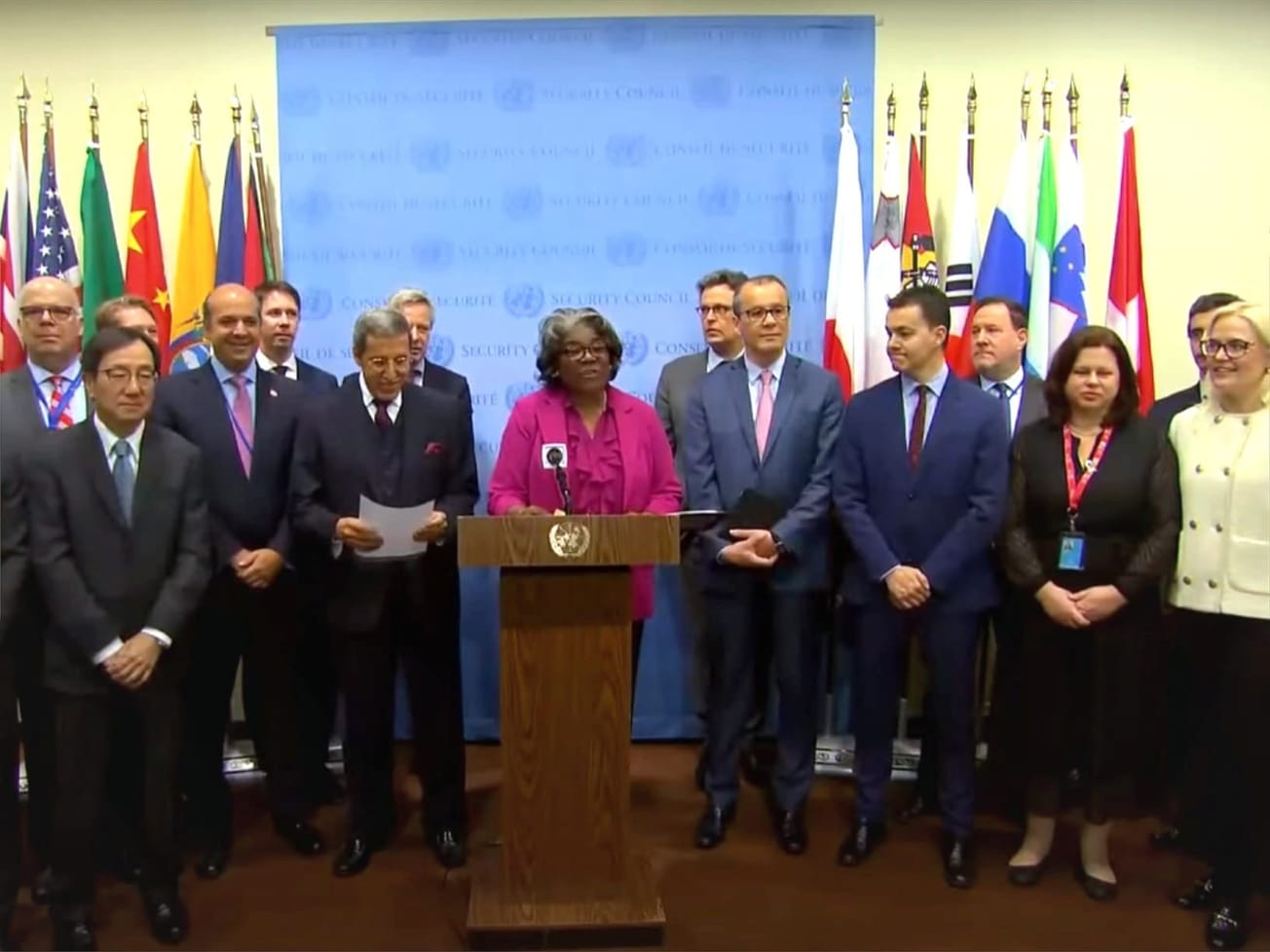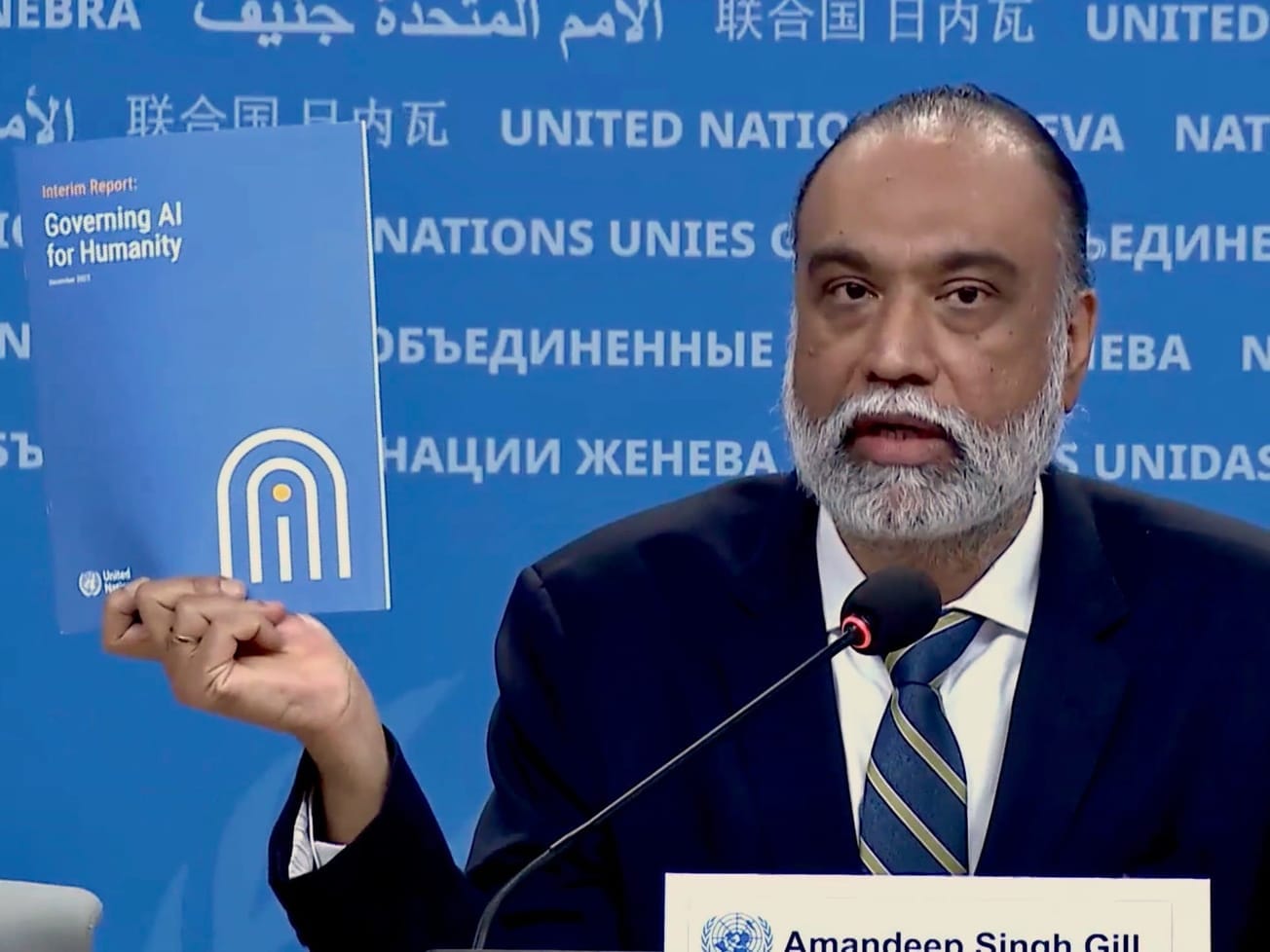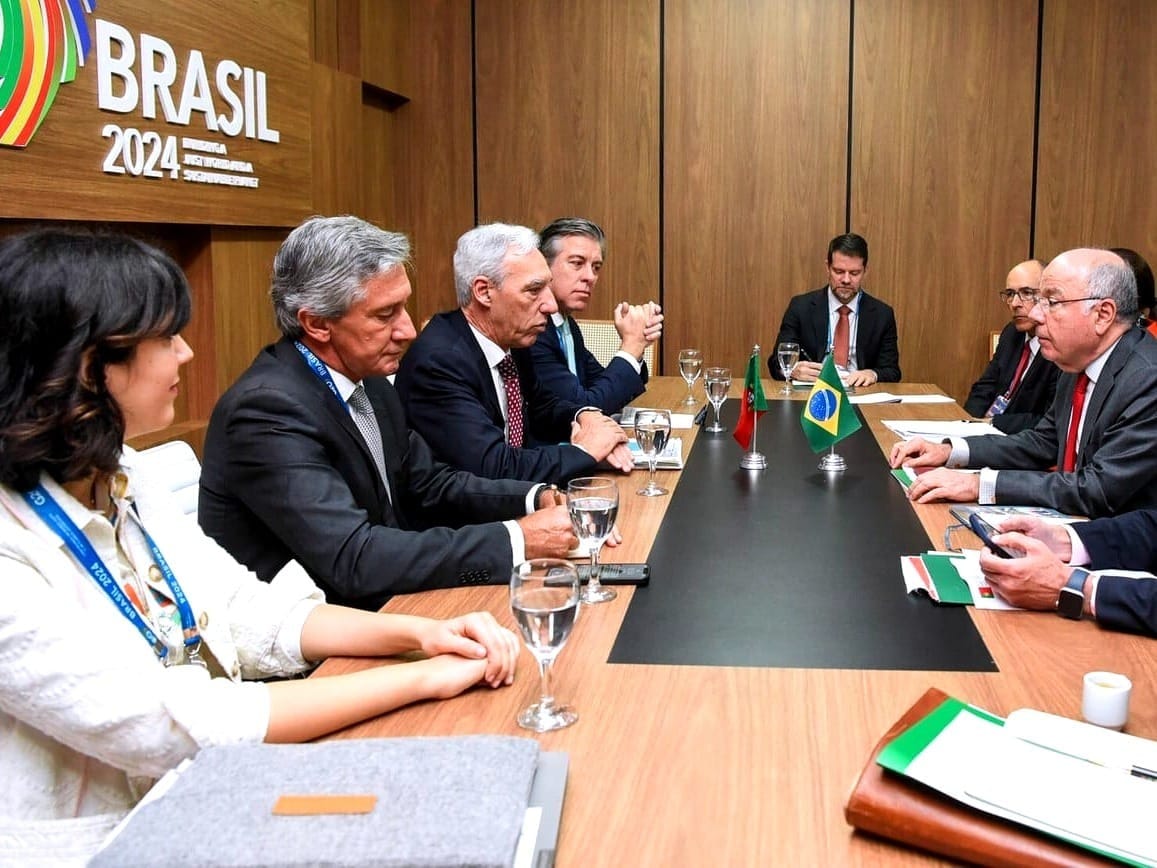
U.N. revives Palestinians' bid for membership with vote on new rights
The 143-9 vote with 25 abstentions urged the U.N. Security Council to favorably reconsider the Palestinians' request.
Already have an account? Log in
The 143-9 vote with 25 abstentions urged the U.N. Security Council to favorably reconsider the Palestinians' request.
Reporters Without Borders warned that governments' support for press freedom around the world has been shrinking.
Some pointed to a recent landmark human rights ruling on climate change as a potential use for a Global Plastics Treaty.
The humanitarian nightmare and attacks on civilians in Gaza dominated the U.N. Security Council's quarterly open debate.
This year and next mark the countdown to a 2025 deadline for governments to strengthen their carbon-cutting plans.
On a 14-0 vote with the U.S. abstaining, the council urged a cease-fire in Gaza during the Muslim holy month of Ramadan.
After the U.S. vetoed the first three proposals, China and Russia stopped the council's fourth try at a Gaza resolution.
The resolution, backed by the U.S. and China, reflect fears AI will severely disrupt business, infrastructure and governance.
A top U.N. official cites strong concerns about mental privacy, which is 'a line that we should not cross at all' as AI develops.
Europe dominates the top rankings as development in half of the world’s poorest nations falls below pre-pandemic levels.
Non-veto wielding nations have tried for years to reform the U.N.'s post-World War II power structure with little success.
The summit is focused on Europe's uncertain security, clouded by Russia's threat and America's political turmoil.
IMF forecasts a strengthening global economy as inflation cools, but warns of the threat of wars and other disruptions.
The symbolic clock will remain set at the closest point to the symbolic hour of apocalpyse it has ever been since 1947.
Russia’s war in Ukraine and the Israel-Hamas war accelerated geopolitical tensions among major powers.
More than 2,800 leaders from 120 countries were expected at the World Economic Forum gathering this week.


